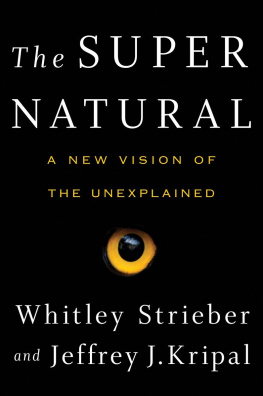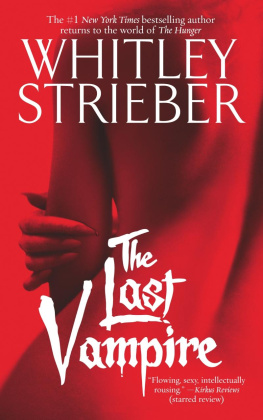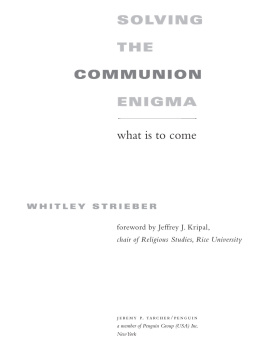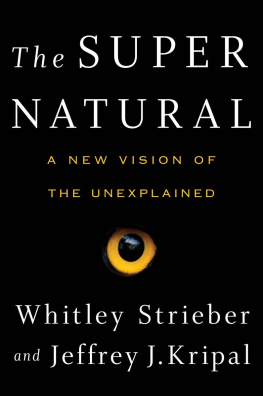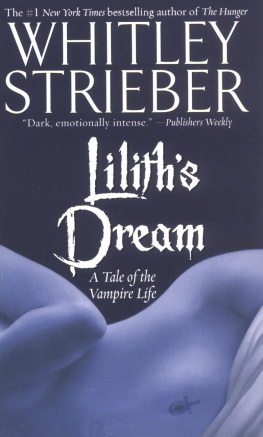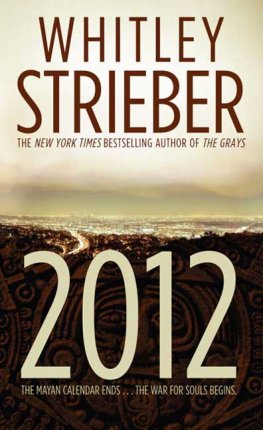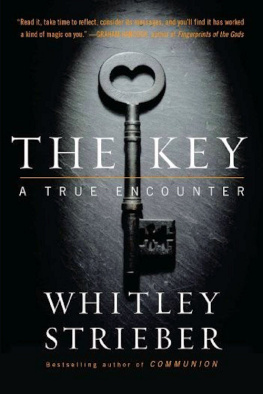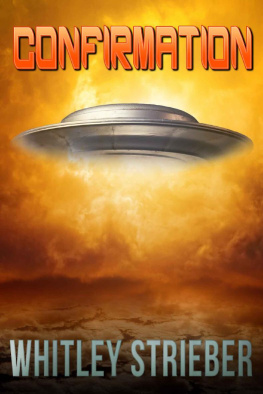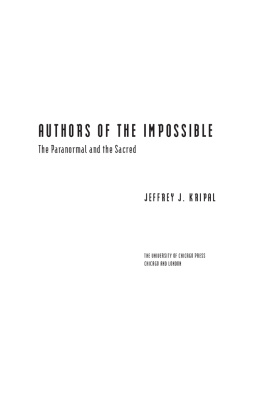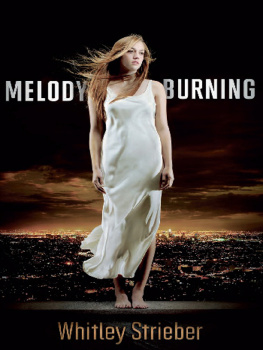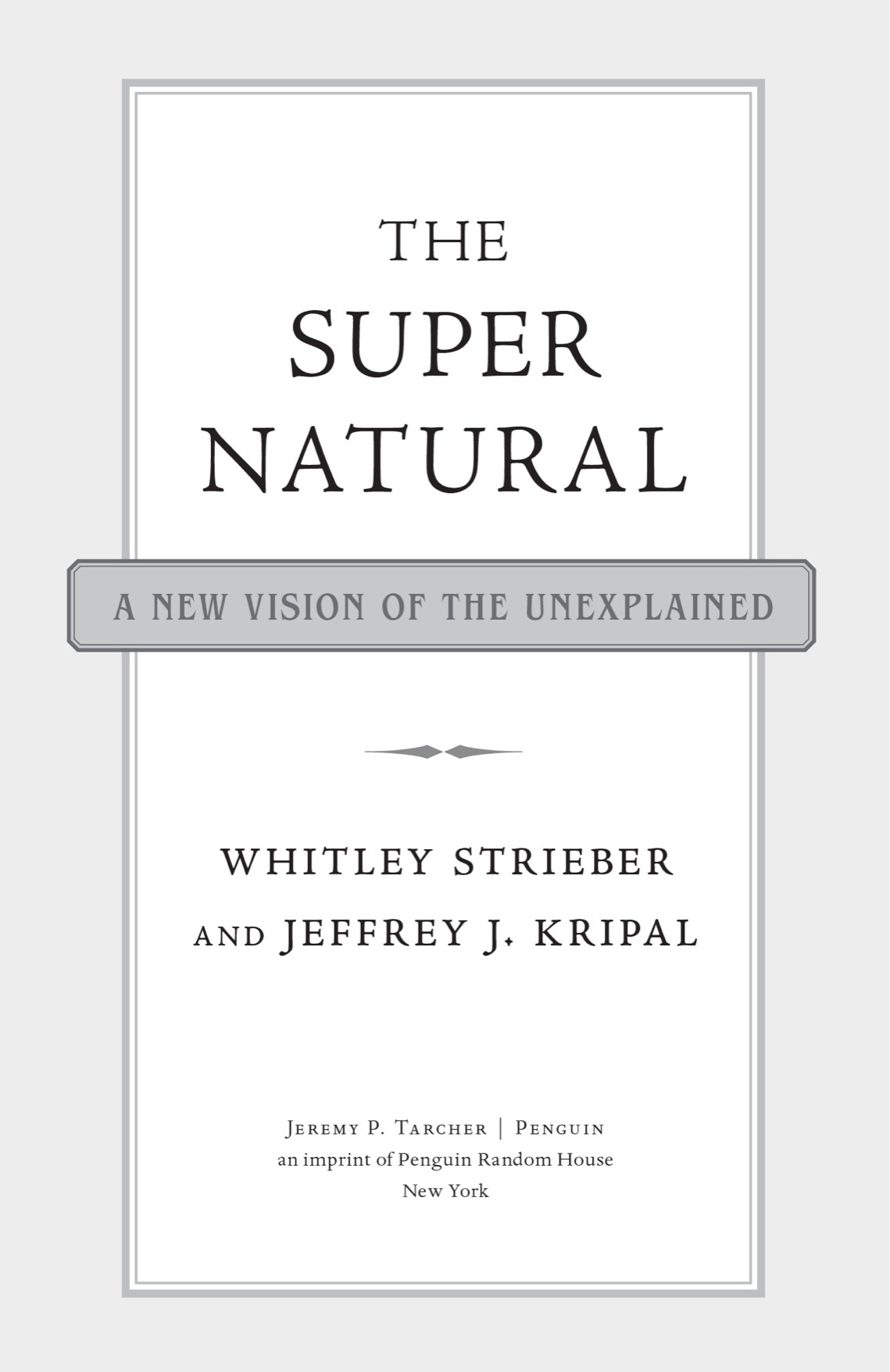We would like to acknowledge the help and support of our editor, Mitch Horowitz, without whose enthusiasm and careful shepherding this book could never have reached a point of useful focus. Additionally, we had the help and support of Adam Crabtree, David Halperin, Toby Johnson, Brent Landau, Glenn Magee, Paul Marshall, Leigh J. McCloskey, Diana Walsh Pasulka, Alex Rotaru, David Gordon White, Haeyoung Seong, and two of Jeffs colleagues (who are given pseudonyms or superheroic secret identities here), whose patient reading of our manuscript, insights, and super natural experiences helped us immeasurably.
1

The Already World
JEFF
They took a little hair off my head and cut my nails. I asked questions in my mind, but before I could verbalize them, they answered back very softly but directly, We are making a new you. I asked him, Are you like angels? and he replied, Not as you have been taught.
A N A NONYMOUS L ETTER W RIT ER IN T HE C OMMUNION L ETTERS
I am afraid of this book. There is something about it, something explosive and new. It is not a neutral book. It is an apocalypse of thought waiting for you, the reader, to actualize.
The world will not really end as you turn these pages, of course. Not the real one anyway. Much might well be lostwe hope. You should know that. But more, much morereally everythingmight well be gained. In a few words, this is a book about a new world, the next world that has already arrived, that has always been here, whether we have recognized its presence or not.
In the pages that follow, Whitley and I explore the proposal that we are all embedded in a much larger, fiercely alive and richly conscious reality that is only, at best, indirectly addressed by everything that the human species has ever thought or believed. The religions, for example, have been attempts to look at and engage this conscious reality as if it were primarily concerned with us, but we dont really know that, and in fact we cannot know that. Not at least yet.
Our proposal? To venture outside the present houses of faith without forgetting those family homes or leaving the spirit behind. To embrace science in a new way, by promoting a more generous vision of the full human experience of reality that can embrace and ponder more stuff, especially the wild, fantastic stuff that shouts, glows, and zaps in these pages. And, above all, to understand, to really understand that we are already and always have been living in a super natural world, that we ourselves are highly evolved prisms or mediums of this super nature coming into consciousness, and that many of the things that we are constantly told are impossible are in fact not only possible but also the whispered secrets of what we are, where we are, and why we are here. This is a book about that Already World.
To my knowledge, nothing like it has ever been attempted. Here, one of the most widely read figures in UFO and abduction literature and a seasoned (take that either way) professor of comparative religion sit down to encounter each others thoughtseriously and respectfully. As the author of the twentieth centurys most influential and intimate description of an abduction event, Communion (1987), Whitley sets on our shared table his visions of alien spectral figures that seemed at once physical and not physical, at once a thing and a thought, at once sexual and spiritual, at once traumatic and ecstatic. I bring the practices of the professional study of religion to the table in order to explain what historians of religion have written about these paradoxical things (it turns out, a lot) and how we might make sense of them without surrendering our critical faculties and understandable skepticism. We work in tandem. We read each other. We rewrite our chapters in the light of what the other has written. In the process, we rewrite ourselves.
The text is at once intimate and professional, both in content and form. Whitley, far from being what he has been portrayed in the mediathat is, an advocate for belief in alien abductionreveals himself in his chapters as a questioning and self-critical nonreligious but spiritual man, telling his story as he has lived it, as a journey through unexplained but extremely powerful perceptions. I take the role of the trained comparativist, framing my responses to Whitleys narrative through the tools of my trade. I introduce technical terms. I use footnotes. I talk history. I play the professor. I demonstrate how the modern experience of the alien coming down from the sky

